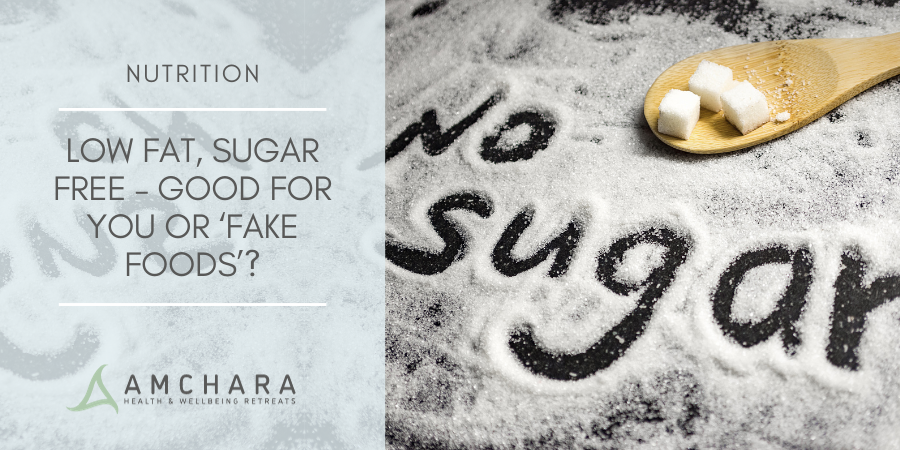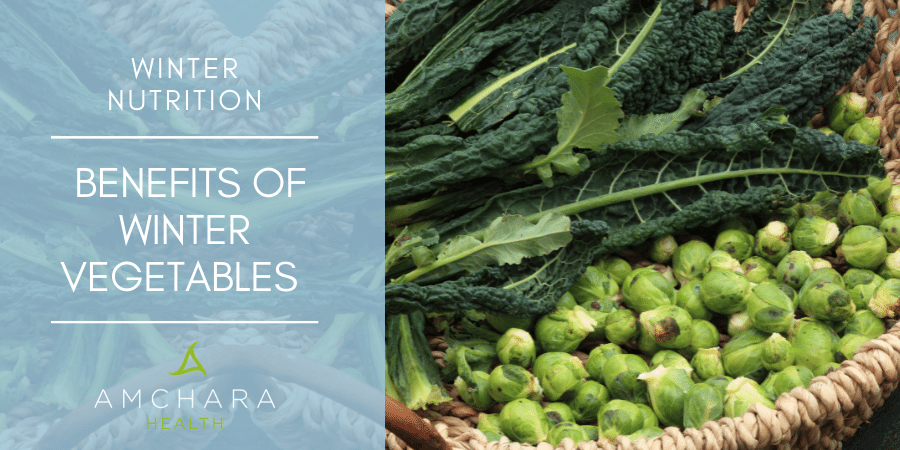Topics covered in this article:
With diabetes, it is important to be careful about how certain foods can impact blood glucose levels. As part of balanced and healthy eating, some foods can be beneficial in helping the positive management of the levels of blood sugars, as well as providing additional health benefits to help reduce the risk of developing diabetes related health complications and health conditions.
In the modern internet world there is an overwhelming amount of information; it can be hard to find health advice that you can trust, particularly as the main media channels are typically dominated with a single, orthodox narrative.
We always take an evidence-based approach, orientated towards a holistic and Personalised Health approach, and aim to provide you with actionable knowledge and tips to help you on your journey to optimal health.
In this article we’ll look at our top 7 nutritious and warming winter superfoods that can help support the management of diabetes. They are also all excellent foods to eat during the winter to support overall health, if you don’t have diabetes. Choosing the right foods can help stop the symptoms of diabetes from getting progressively worse, as well as help prevent the occurrence of type 2 diabetes.
Takeaway
As well as our top 7 winter superfoods for diabetes, it is important to maintain a focus on eating a variety of vegetables, legumes, lean meats and whole grains, and including small quantities of healthy, minimally processed proteins and fats, to help to maintain blood sugar levels and avoid spikes and troughs, and consequent over production of insulin.
Choosing low GI foods can help improve blood sugar management, particularly when you pair these foods with healthy fats and proteins. High GI foods, such as bread, cereals and dried fruits should be minimised as they can contribute to a rapid rise in blood sugar levels. Intermittent fasting can also be considered as a useful approach to managing type 2 diabetes.
At Amchara we provide education on how to improve your relationship with food, and we can offer advice on how to make positive nutritional choices based on a balanced diet comprised primarily of natural, unprocessed whole foods, to help you regain optimal health.
Our retreats are designed to help you detoxify both physically and mentally, and our Personalised Health practitioners will support you in a transition to a healthier eating pattern, and empower you to ‘Change for Good’.
On an Amchara health retreat you will be immersed in a supportive and nurturing environment that enables you to switch off, relax and kickstart your health journey, with tailored advice from our Personalised Health practitioners, taking into account your individual health circumstances and goals, and including physical activities and empowering, educational talks.
Or why not try Amchara Juicery – cold-pressed, nutritious juices delivered to your door to help you boost your health, naturally. Created by Amchara’s expert in-house health team, you can enjoy a range of fresh, organic juice cleanses (and super soups) at home.




